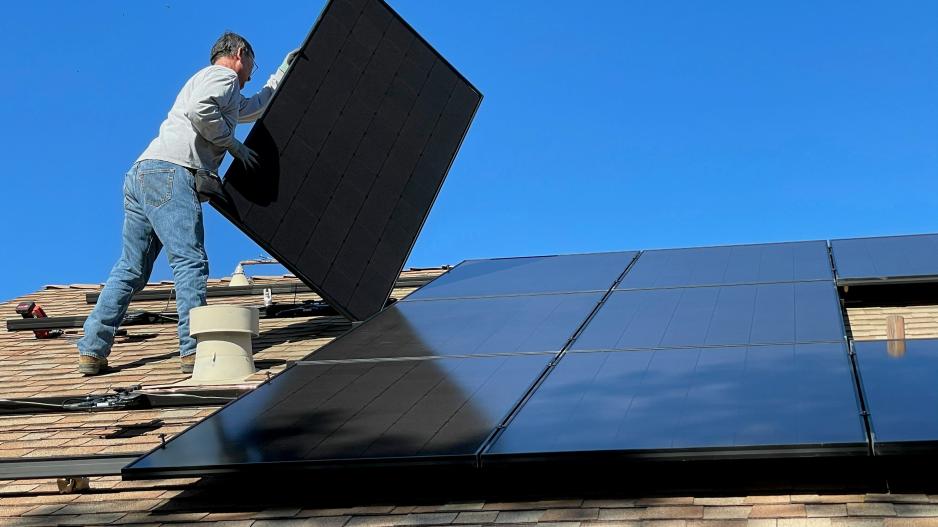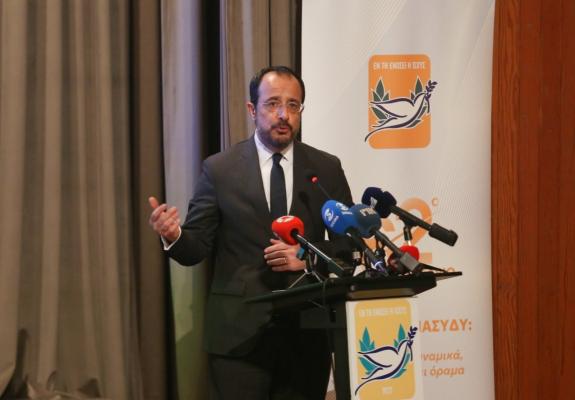Cyprus Passes Law to Protect Solar Energy Self-Consumers and Expand Storage Infrastructure
New Legislation Aims to End Forced Solar Curtailments and Pave the Way for Centralized Energy Storage Systems
The Cypriot Parliament has unanimously approved a legislative package targeting a growing issue: the curtailment of electricity produced by households and businesses using solar photovoltaic (PV) systems. The new measures aim to safeguard the rights of renewable energy self-consumers and enable the development of centralized storage infrastructure, critical for maintaining grid stability.
The law, originally introduced by DISY MP and Chair of the Energy Committee Kyriakos Hadjiyiannis, ensures that energy produced by self-consumers—primarily through solar power—is not curtailed, provided they have the technical capacity for “zero export,” meaning no excess electricity is fed into the grid. This guarantees that self-consumers can fully use the electricity they generate, a step considered vital for boosting clean energy adoption across the island.
The bill was prompted by a series of incidents in which solar systems were forcibly disconnected due to grid limitations. Lawmakers condemned these disruptions, calling them unacceptable at a time when green energy is more essential than ever. Under the new law, curtailment is allowed only in emergency situations and only if no alternative exists. In such cases, the Transmission System Operator (TSO) and Distribution System Operator (DSO) must immediately inform the Cyprus Energy Regulatory Authority (CERA).
Despite unanimous approval, several MPs expressed doubts about the law’s long-term impact. Hadjiyiannis himself warned that deeper problems lie in the structural deficiencies of Cyprus’s energy planning, accusing some players in the energy sector of continuing to promote fossil fuels over renewables. MPs from AKEL, DIKO, and DIPA echoed these concerns, pointing to years of delays and calling for political accountability.

In parallel, Parliament passed a harmonizing bill aligning national law with the EU's revised electricity market directive. This legislation provides a legal framework for the TSO to construct and operate centralized energy storage systems—an infrastructure the country currently lacks. These systems are intended to store surplus energy generated during low-demand periods, especially from residential and commercial PV and wind installations, thereby reducing the need for power cuts.
The amendments—led by MPs from AKEL, DIKO, and DIPA—restored the original objectives of the EU directive. Although some DISY members withheld support, the party ultimately backed the final version, with the exception of Hadjiyiannis and MP Nicos Sykkas.
Experts in the energy sector have emphasized that centralized storage is critical for preventing renewable energy curtailments. The new legislation grants CERA the authority to approve the operation of energy storage systems, while also introducing broader regulatory reforms to enhance market transparency, fair pricing, and consumer protection.
Still, opposition MPs urged caution. AKEL’s Stefanos Stefanou warned that after years of neglect and underinvestment, Cyprus is now in a race to catch up—not only in renewable energy deployment but also in the development of natural gas infrastructure.






